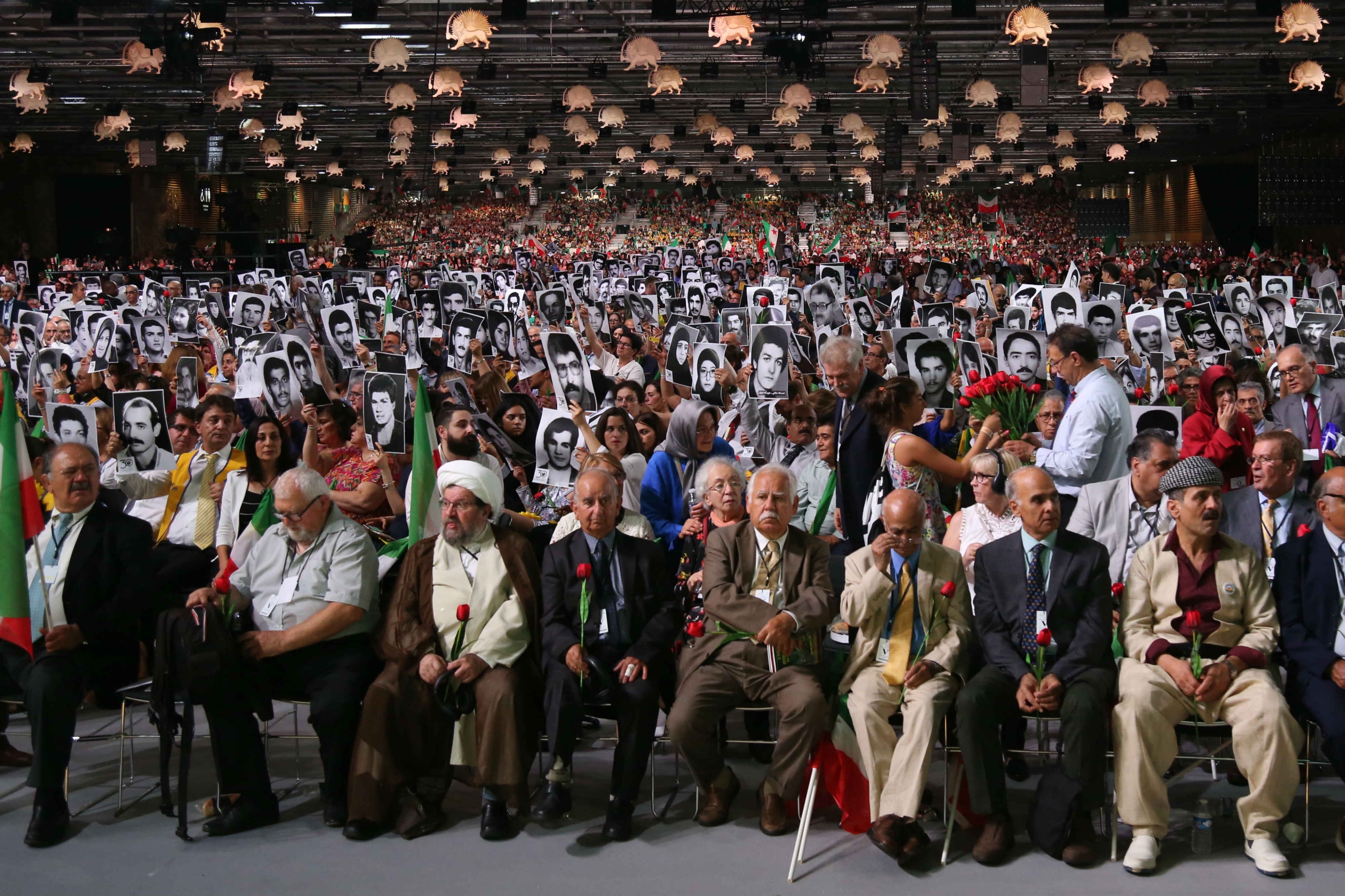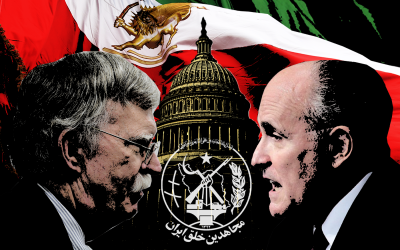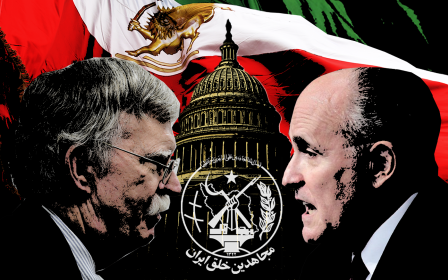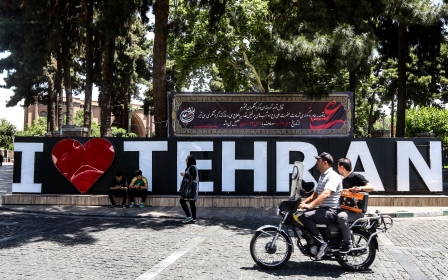Iranian diplomat stands trial in Belgium over 'France bomb plot'

An Iranian diplomat and three other defendants have gone on trial in Antwerp on Friday for allegedly planning to bomb a 2018 meeting in France of an exiled Iranian opposition group.
The proceedings are the first time an EU country has put an Iranian official on trial for terrorism.
Belgian prosecutors charged Vienna-based diplomat Assadolah Assadi and the three others with planning an attack on a rally of the Paris-based National Council of Resistance of Iran (NCRI).
Assadi, who is refusing to appear in court and did not attend the first day of the trial, has not commented on the charges.
"My client asked me to represent him today, he let me know he has the fullest respect for these judges but as he considers that he should benefit from immunity, they are not allowed to judge him," his lawyer Dimitri de Beco told Reuters.
Lawyers representing participants of the 2018 rally, who are a civil party to the Belgian prosecution, have argued that diplomatic immunity cannot be used as a cover to carry out a terrorist attack, which carries a maximum 20-year prison term.
"I think the words 'brave little Belgium' are entirely appropriate today," said Rik Vanreusel, a lawyer for the civil party.
"We are one of the only countries that has dared to put such rather politically sensitive matters in a proper perspective."
Pizza hut meeting
The rally's keynote address was given by US President Donald Trump's lawyer Rudy Giuliani on 30 June 2018 in Villepinte, north of the French capital.
Two days before, two Belgian nationals of Iranian origin - a husband and wife identified as Amir S and Nasimeh N - drove from Antwerp to Luxembourg, for what appeared to be a holiday, according to Belgian police.
At a Pizza Hut restaurant in an old part of Luxembourg City, they are said to have met Assadi who allegedly gave them a small package. Afterwards, they left the city.
Assadi was arrested while on holiday in Germany and handed over to Belgium, where the husband and wife had been arrested with half a kilo of the explosive TATP and a detonator.
According to documents reviewed by Reuters, Belgian authorities believe Assadi brought the explosives from Tehran to Vienna on a commercial flight.
French police also arrested an Iranian man in Paris, who was accused of being an accomplice.
All four suspects are accused of attempted terrorist murder and preparing an act of terrorism.
Authorities say the attack was thwarted by a coordinated operation between French, German and Belgian security services.
'Plan was conceived in the name of Iran'
Assadi was the third counsellor at Iran's embassy in Vienna. French officials have said he was in charge of intelligence in southern Europe and was acting on orders from Tehran.
"The attack plan was conceived in the name of Iran and under its leadership. It was not a personal initiative by Assadi," Jaak Raes, head of the Belgium’s state security service (VSSE), said in a letter to the prosecutor dated 2 February 2020.
Tehran has repeatedly dismissed the charges, calling the attack allegations a "false flag" stunt by the NCRI, which it considers a terrorist group.
Assadi warned authorities in March of possible retaliation by unidentified groups if he is found guilty, according to a police document obtained by Reuters.
France said Iran's intelligence ministry was behind the plot and expelled an Iranian diplomat. The EU also froze the assets of an Iranian intelligence unit and officials.
De Beco has accused the civil plaintiffs of trying to turn the case into a political trial on behalf of the opposition movement.
According to Iran expert Francois Nicoullaud, a former French ambassador to Tehran, Iran's President Hassan Rouhani was surprised to learn about the failed attack.
"Visiting Europe at the time, he was absolutely furious to learn about this intelligence service operation, on which he hadn't been consulted," the diplomat told AFP.
At the time of the alleged plot, Rouhani was trying to maintain the support of European capitals for the 2015 Iran nuclear deal abandoned by the Trump administration.
European countries have blamed Iran for other suspected plots against dissidents, including two killings in the Netherlands in 2015 and 2017 and a foiled assassination in Denmark.
Iran has denied involvement, saying the accusations were intended to damage EU-Iran relations.
Middle East Eye delivers independent and unrivalled coverage and analysis of the Middle East, North Africa and beyond. To learn more about republishing this content and the associated fees, please fill out this form. More about MEE can be found here.





